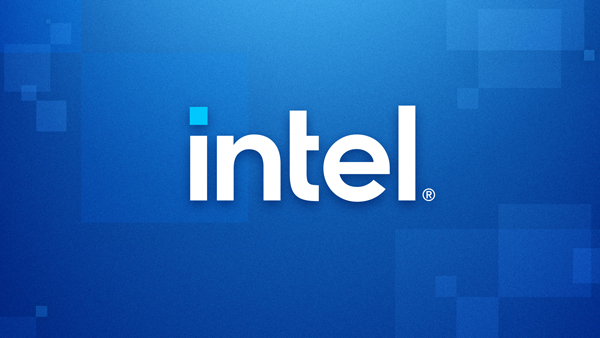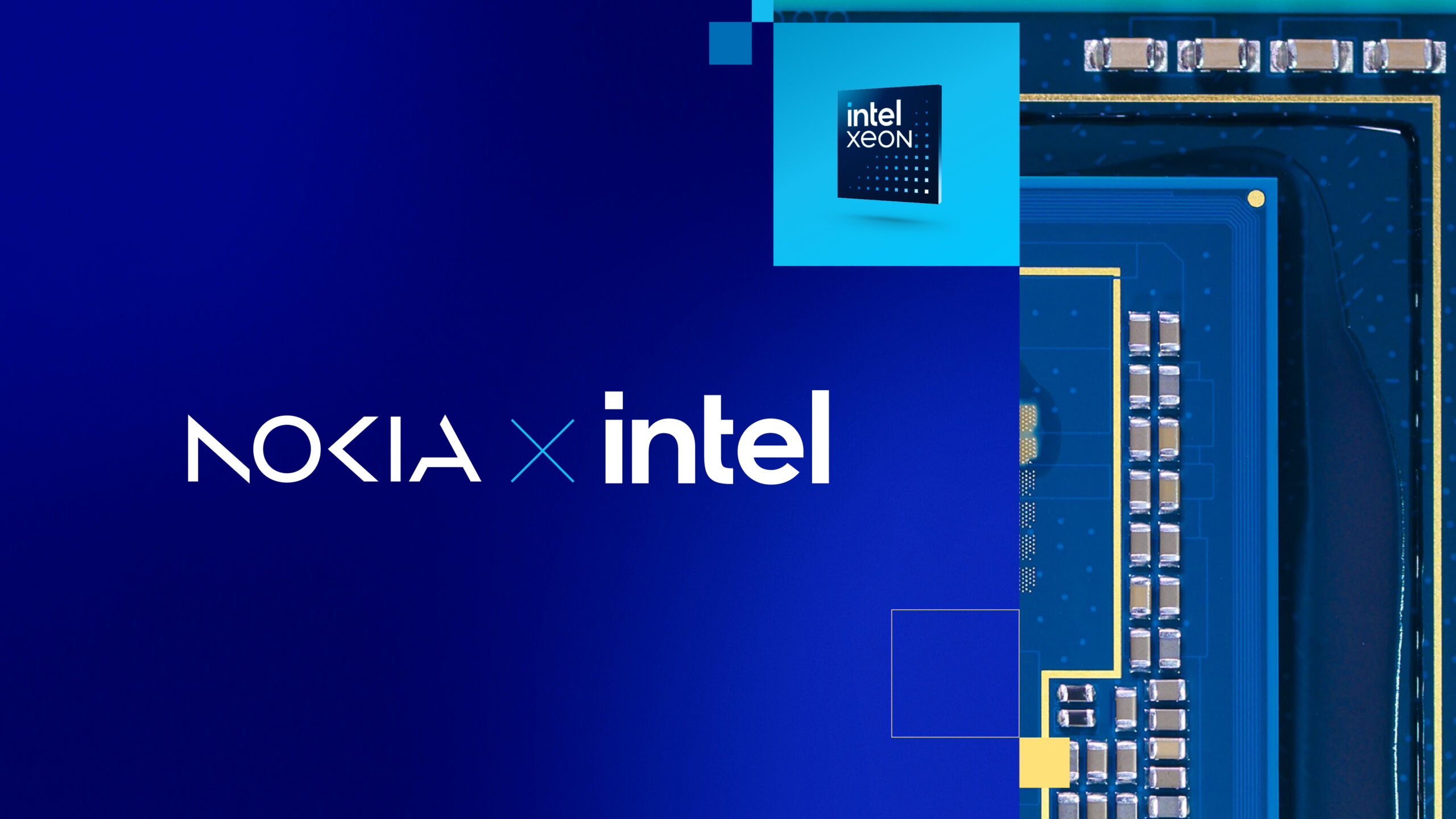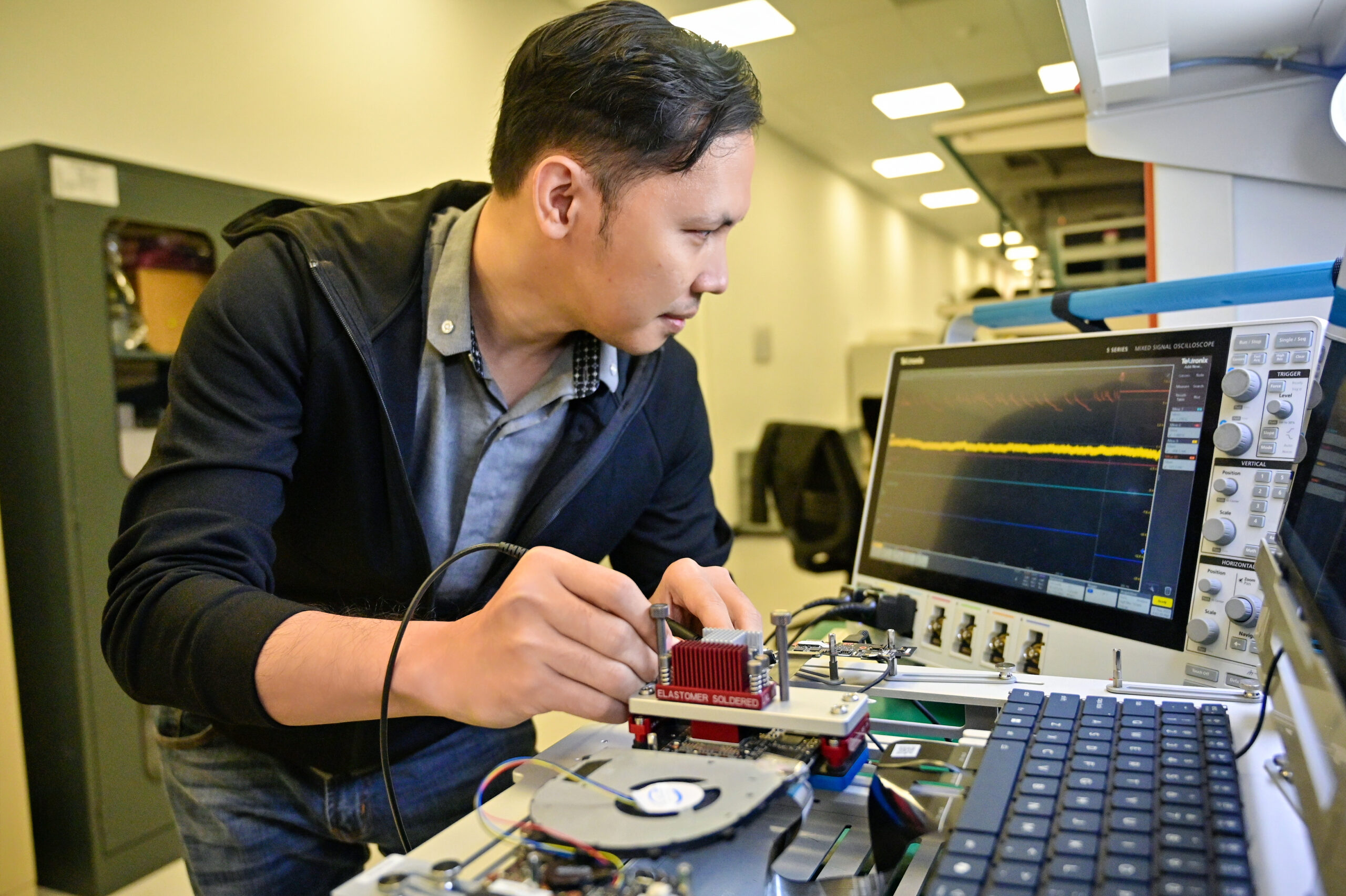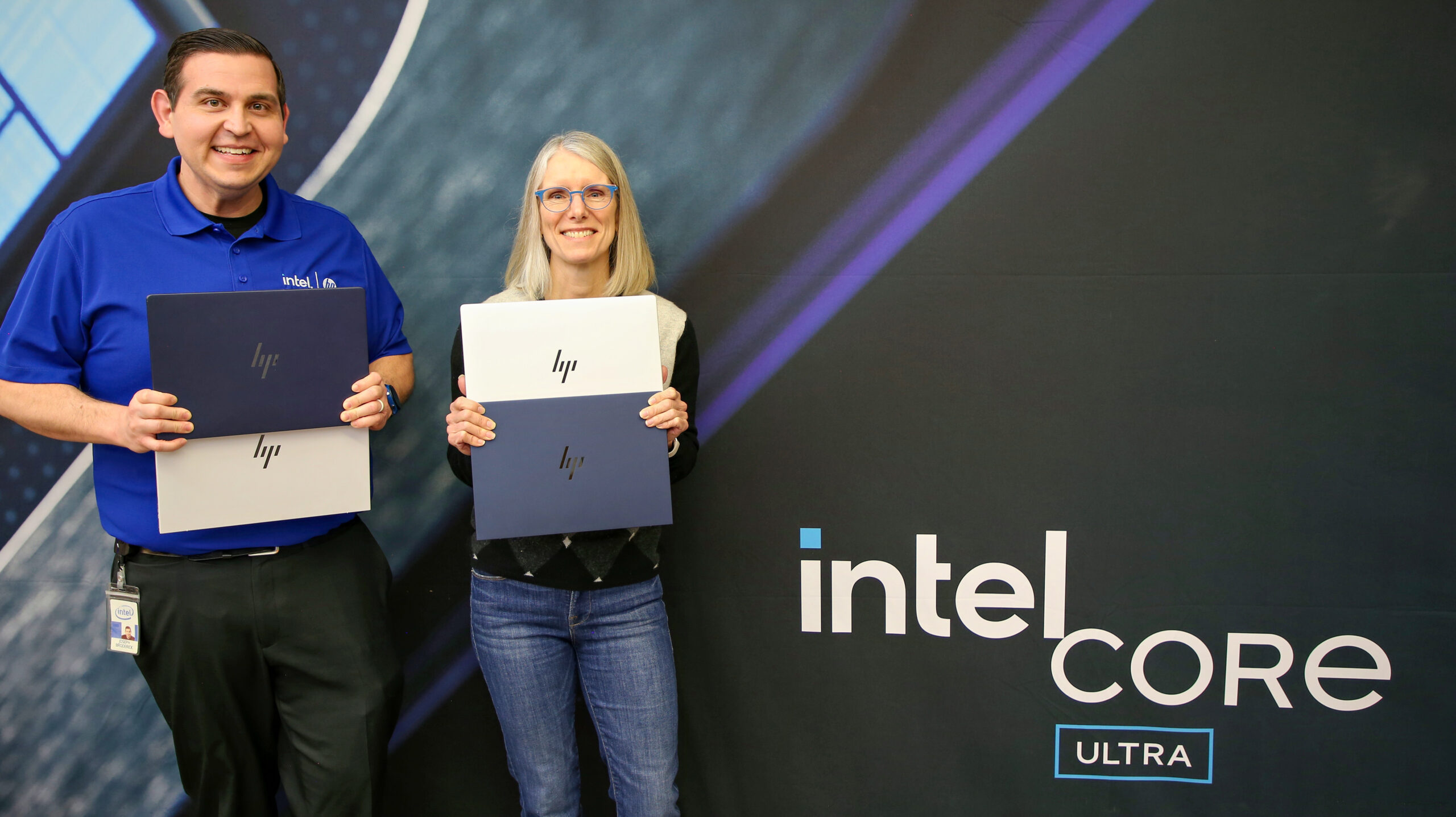Broad, Open HPC+AI Portfolio Powers Performance, Generative AI for Science

At ISC’23, Intel details competitive performance for diverse HPC and AI workloads, from memory-bound to generative AI, and introduces new science LLM initiative to democratize AI.
*** gallery ***
Download all images (ZIP, 12 MB)
News Highlights
- Intel’s broad portfolio of HPC and AI products provides competitive performance, with Intel® Data Center GPU Max Series 1550 showing an average speedup of 30% over Nvidia H100 on a wide range of scientific workloads.1
- Product roadmap updates highlight Granite Rapids, a next-generation CPU to address memory bandwidth demands, and Falcon Shores GPU to meet an expanding, diverse set of workloads for HPC and AI.
- Argonne National Laboratory and Intel announce full Aurora specifications, system momentum and international initiative with Hewlett Packard Enterprise (HPE) and partners to bring the power of generative AI and large language models (LLM) to science and society.
- Enhanced oneAPI and AI tools help developers speed up HPC and AI workloads and enhance code portability across multiple architectures.
HAMBURG, Germany, May 22, 2023 – At the ISC High Performance Conference, Intel showcased leadership performance for high performance computing (HPC) and artificial intelligence (AI) workloads; shared its portfolio of future HPC and AI products, unified by the oneAPI open programming model; and announced an ambitious international effort to use the Aurora supercomputer to develop generative AI models for science and society.
More: International Supercomputing Conference 2023 (Quote Sheet)
“Intel is committed to serving the HPC and AI community with products that help customers and end-users make breakthrough discoveries faster,” said Jeff McVeigh, Intel corporate vice president and general manager of the Super Compute Group. “Our product portfolio spanning Intel® Xeon® CPU Max Series, Intel® Data Center GPU Max Series, 4th Generation Intel® Xeon® Scalable Processors and Habana® Gaudi®2 are outperforming the competition on a variety of workloads, offering energy and total cost of ownership advantages, democratizing AI and providing choice, openness and flexibility.”
*** video ***
Intel at ISC’23: Jeff McVeigh Session on AI-Accelerated HPC (Replay)
At the ISC High Performance Conference in Hamburg, Germany, Jeff McVeigh, corporate vice president and general manager of the Super Compute Group at Intel, offered a presentation about how artificial intelligence (AI) is accelerating high performance computing (HPC). As part of his talk on May 22, 2023, McVeigh disclosed performance data for Intel’s HPC and AI products, announced the latest updates with Argonne National Laboratory and outlined Intel’s HPC roadmap. (Credit: Intel Corporation)
Event Demos:
Accelerating Large Language Models with Habana Gaudi2: Recorded at ISC’23 in Hamburg, Germany, this demo shows the inference performance of Habana Gaudi2 on large language models. Gaudi2 delivers near-linear scaling training performance from eight cards all the way up to 64 cards on a multimodal stable diffusion model. (Credit: Intel Corporation)
Portable Performance Across CPUs and GPUs: Recorded at ISC’23 in Hamburg, Germany, this demo shows the implementation, performance and portability of two scientific applications using SYCL (DPEcho) and Fortran+OpenMP offloading (GRILLIX) for Intel XPUs. It compares the performance of these codes to 3rd Gen and 4th Gen Intel Xeon Processors as well as the performance of the GPU-Offloaded version for Intel Max Series GPU, focusing on the multivendor portability of the SYCL code. (Credit: Intel Corporation)
Visualizing Fusion Energy Simulations with GPU Ray Tracing: Recorded at ISC’23 in Hamburg, Germany, this demo showcases Intel OSPRay, a path tracer written using SYCL and Intel Embree 4.0 running on the Intel Data Center GPU Max Series. With the high memory bandwidth of Intel Data Center GPU Max Series, Intel is able to push the boundaries of visualization for researchers and scientists. The data provided by the UK’s Atomic Energy Authority provides a simulation of a fusion energy solution that will offset carbon emissions. (Credit: Intel Corporation)
Speedup Quantum Chemistry Simulations: Recorded at ISC’23 in Hamburg, Germany, this demo shows the leadership performance of Intel Xeon Max CPU versus NVIDIA A100 GPU when running a molecular dynamics simulation code. (Credit: Intel Corporation)



